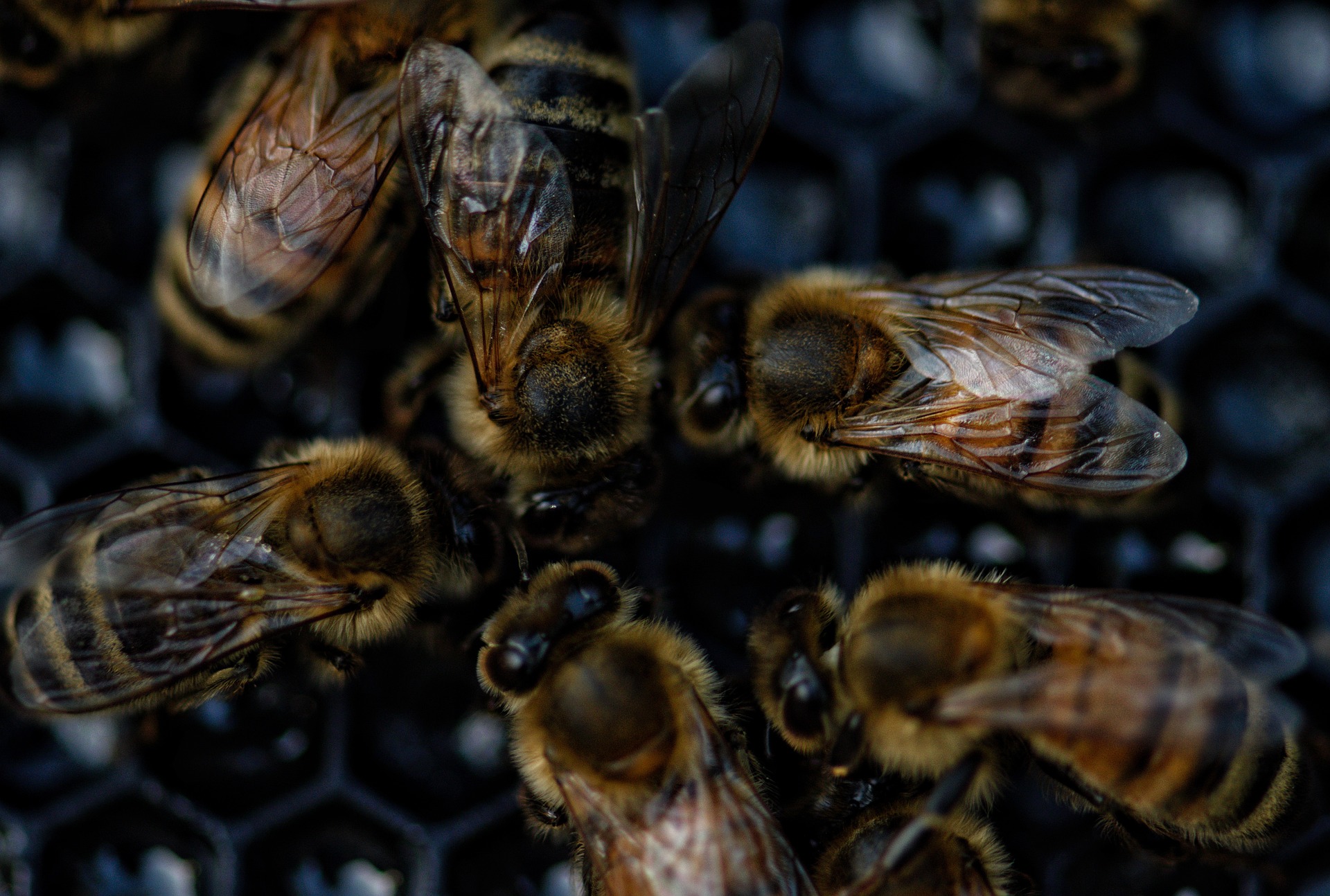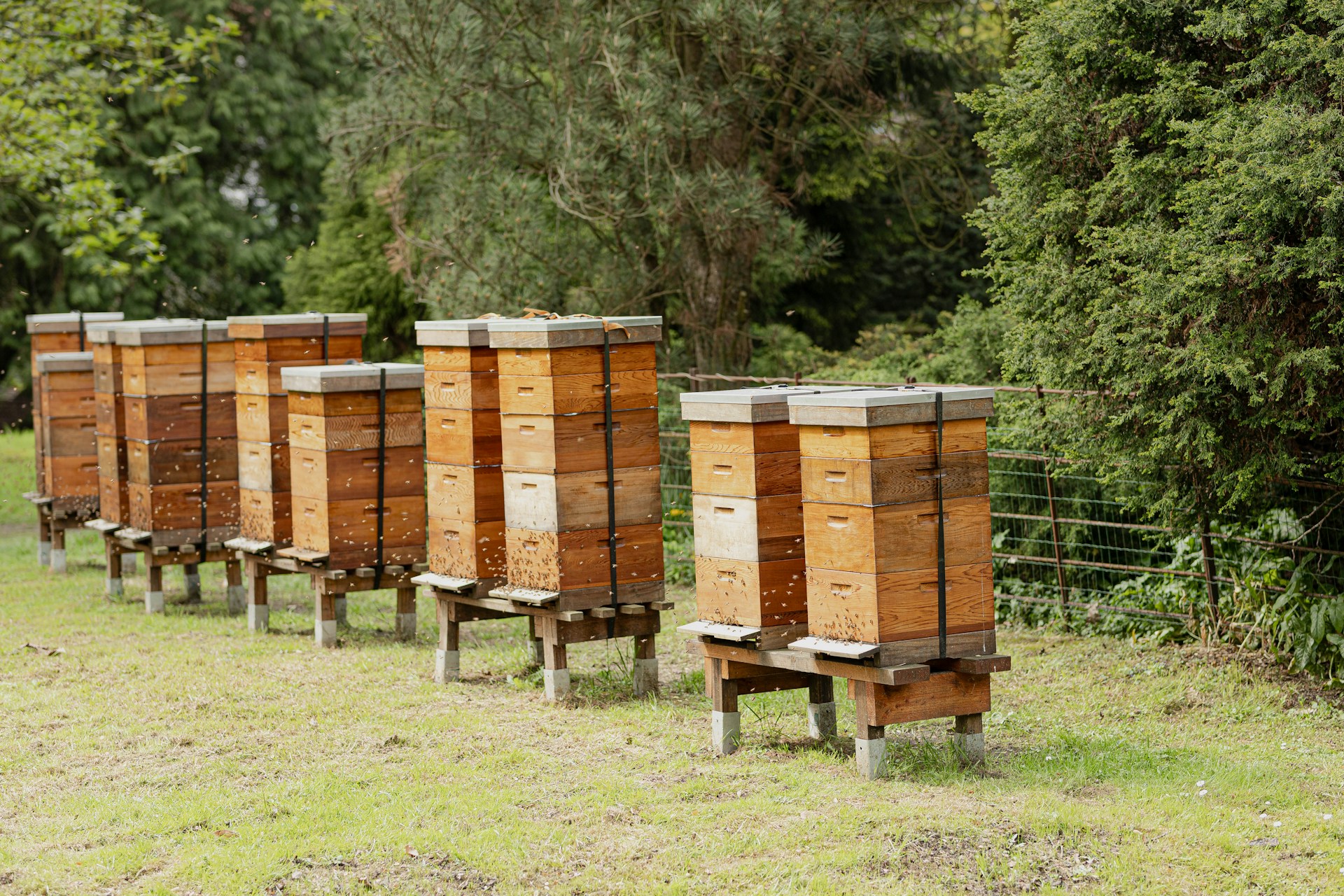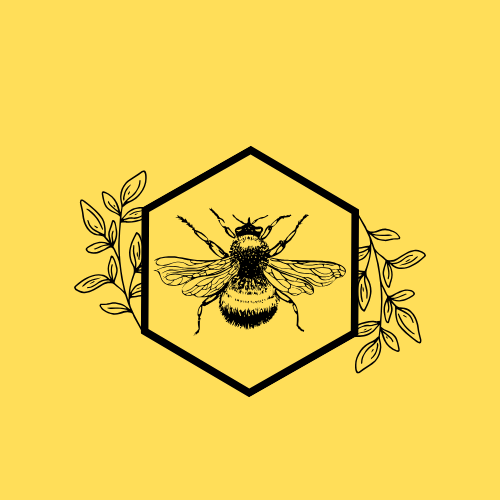.png)
A Buzzing Crisis: The Plight of South Africa's Bees

A Silent Decline South Africa, a country renowned for its diverse ecosystems, is facing a concerning decline in its bee population. These industrious insects, vital to our food security and ecological balance, are under threat from a variety of factors (Allsopp et al., 2008).
The Impact of Bee Decline The decline of bee populations has serious consequences for both the environment and human society: • Reduced Pollination: Bees are essential pollinators for many crops, including fruits, vegetables, and nuts. A decline in bee populations can lead to lower crop yields and reduced food diversity (Klein et al., 2007). • Ecosystem Disruption: Bees play a crucial role in maintaining healthy ecosystems. Their decline can disrupt delicate ecological balances and lead to a loss of biodiversity (Potts et al., 2010). • Economic Loss: The agricultural industry relies heavily on pollination services provided by bees. A decline in bee populations can result in significant economic losses (South African Bee Industry Organisation, 2023).
The Threats to South Africa's Bees
1. Pesticide Poisoning
The widespread use of pesticides in agriculture poses a significant threat to bees. These chemicals can poison bees directly or contaminate their food sources (Human, 2023).
2. Habitat Loss
Urbanization, deforestation, and intensive agriculture are destroying natural habitats, limiting the availability of nectar and pollen sources for bees (Pauw, 2013).
3. Climate Change
Climate change is disrupting natural cycles, affecting flowering patterns and the overall health of ecosystems, which in turn impacts bee populations (Goulson et al., 2015).
4. Pests and Diseases
Invasive pests and diseases, such as the Varroa mite, can decimate bee colonies (Neumann and Carreck, 2010).

What Can Be Done?
To protect South Africa's bee populations, we need to take immediate action:
• Reduce Pesticide Use: Promote sustainable farming practices that minimize the use of harmful pesticides.
• Plant Bee-Friendly Flowers: Encourage the planting of native flowers and plants that provide nectar and pollen for bees.
• Support Local Beekeepers: Buy local honey and support beekeepers who are working to protect bee populations.
• Create Bee-Friendly Habitats: Create bee-friendly habitats in gardens and urban areas by providing nesting sites and food sources.
• Raise Awareness: Educate the public about the importance of bees and the threats they face.
By taking these steps, we can help to ensure the survival of South Africa's bees and protect our environment for future generations. Let's work together to safeguard these vital pollinators and ensure a sustainable future.
References
* Allsopp, M.H., de Lange, W.J. and Veldtman, R., 2008. Valuing insect pollination services with cost of replacement. PLoS One, 3(9), p.e3128.
* Goulson, D., Nicholls, E., Botías, C. and Rotheray, E.L., 2015. Bee declines driven by combined stress from parasites, pesticides, and lack of flowers. Science, 347(6229), p.1255957.
• Human, H., 2023. The approaching crisis threatening SA's bees and beekeepers. Farmer's Weekly. Available at: https://www.farmersweekly.co.za/agri-technology/farming-for-tomorrow/the-approaching-crisis-threatening-sas-bees-and-beekeepers/ (Accessed: 05 December 2024).
* Klein, A.M., Vaissière, B.E., Cane, J.H., Steffan-Dewenter, I., Cunningham, S.A., Kremen, C. and Tscharntke, T., 2007. Importance of pollinators in changing landscapes for world crops. Proceedings of the Royal Society B: Biological Sciences, 274(1608), pp.303-313.
• Neumann, P. and Carreck, N.L., 2010. Honey bee colony losses. Journal of Apicultural Research, 49(1), pp.1-6.
• Pauw, A., 2013. Honeybee Pollination of Crops in South Africa: Past, Present and Future. Stellenbosch University.
* Potts, S.G., Biesmeijer, J.C., Kremen, C., Neumann, P., Schweiger, O. and Kunin, W.E., 2010. Global pollinator declines: trends, impacts and drivers. Trends in ecology & evolution, 25(6), pp.345-353.
• South African Bee Industry Organisation, 2023. The South African Bee Industry. Available at: https://www.sabio.org.za/ (Accessed: 05 December 2024).







.png)
.png)
.png)
.png)
.png)